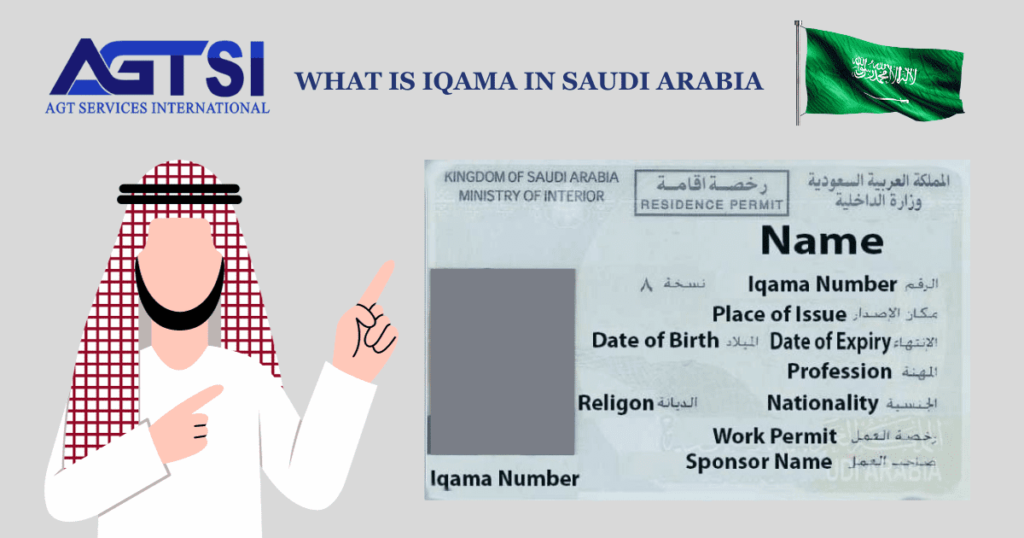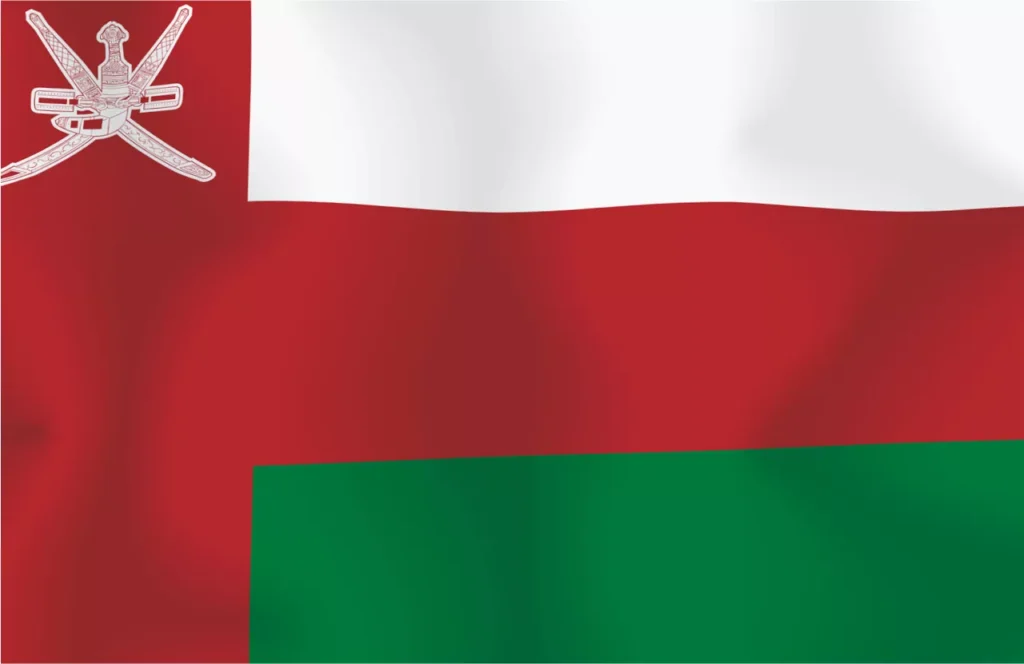Introduction: Top Saudi Arabia Industries
Saudi Arabia, a sprawling nation in Western Asia, holds a unique position on the world stage. Its extensive territory, spanning around 830,000 square miles, positions it as the largest independent state in the Middle East and the fifth largest in Asia.
This fascinating country, nestled between the Gulf of Aqaba, the Persian Gulf, and the Red Sea, boasts a wealth of natural resources. It has emerged as a high-income economy, distinguishing itself as the only Arab nation among the G-20 major economies.
Today, it’s crucial to delve into the diverse economic landscape of Saudi Arabia, characterized by the dynamic interplay of the top 10 Saudi Arabia Industries driving its growth and development.
Recommended: Unveiling the Insights of Saudi Census 2022
Recommended: How to Download Digital Iqama Using Absher?
1. Oil and Gas Industry: Stands #1 in 10 Major Saudi Arabia Industries
Saudi Arabia’s Wealth in Hydrocarbons
When exploring the 10 Saudi Arabia Industries, it’s impossible to overlook the giant in the room – the Oil and Gas industry. The Kingdom sits atop the world’s second-largest proven oil reserves, estimated at a staggering 260 billion barrels, contributing a significant 25% to the global reserves.
This wealth extends beyond quantity; it’s also about accessibility. Saudi Arabia’s petroleum resources are situated close to the Earth’s surface, making exploration and drilling cost-effective. Furthermore, the Kingdom is the world’s leading oil exporter.
The oil industry remains the backbone of Saudi Arabia’s economic structure, delivering about 90% of its export earnings and a substantial 87% of budget revenue. This industry also forms nearly half of the country’s nominal GDP.
Crucial Role on the World Stage
Saudi Arabia’s oil reserves, primarily state-owned and managed by Saudi Aramco, have a global impact. The Kingdom is a proud member of the Organization of the Petroleum Exporting Countries (OPEC), which coordinates oil production limits based on proven reserves, ensuring global energy stability.
Recommended: Manpower Recruitment Services for OIL & GAS Industry
2. Mining Industry: Saudi Arabia’s Treasure Trove of Minerals
Beyond Oil and Gas
While the oil and gas industry often takes the spotlight, it’s essential to recognize that Saudi Arabia is endowed with a diverse range of natural resources, that play an important role in the economic landscape of the nation.
Among these resources, we find abundant ferrous and non-ferrous minerals, including crucial industrial minerals such as bauxite, phosphate, limestone, potash, gypsum, and perlite. These minerals are at the heart of various industrial applications, contributing significantly to the economic diversification within the framework of the 10 Saudi Arabia Industries.
It’s worth noting that Saudi Arabia hosts multiple locations rich in gold deposits, with Mahd adh Dhahab particularly standing out as a key gold mining area.
Additionally, the nation is home to silver and copper reserves, strategically distributed across the land, further emphasizing the role of minerals in Saudi Arabia’s economic landscape. Moreover, zinc and iron ore reserves are strategically positioned, aligning with the goals of diversification and sustainability set forth by the 10 Saudi Arabia Industries.
Recommended: Manpower Recruitment Services for Heavy Machinery Operators
3. Real Estate: Flourishing Despite Economic Challenges
Resilience in Real Estate
Saudi Arabia’s real estate sector, one of the pillars of the country’s diversified economy, has demonstrated impressive resilience despite economic challenges. This remarkable growth is partly attributed to the introduction of real estate investment trusts (REITs) and the continued demand for housing.
In 2016, the sector’s transactions were valued at around US$75 billion, underlining its significance within the non-oil economy and its pivotal role among the 10 Saudi Arabian industries. Residential real estate, an integral part of these industries, has exhibited steady growth, with a remarkable 5.7% increase since 2004.
This upward trend is poised to continue, contributing to the overall vitality of the Saudi Arabian industries. Additionally, with the establishment of consultancies such as Knight Frank and Jones Lang LaSalle, the real estate sector’s growth is set to play a crucial role in realizing the Saudi Vision 2030, a comprehensive plan aimed at diversifying the country’s economy across these 10 Saudi Arabia Industries sectors.
The introduction of REITs aligns perfectly with the goals of the Vision 2030 program, which ambitiously aims to construct 1.5 million homes to meet the growing housing demand.
Recommended: Manpower Recruitment Services for Construction Industry
4. Agriculture: Overcoming the Desert’s Challenges
Agricultural Transformation
Saudi Arabia’s commitment to transforming its agricultural sector is a remarkable endeavor, considering its predominantly arid landscape. The country has regions with favorable climates that enable agricultural activities. Key products such as dairy, dates, eggs, poultry, vegetables, fruits, and flowers are exported to neighboring markets.
The Government initiated a significant restructuring of the agricultural sector in the 1980s, aimed at enhancing rural income and achieving food self-sufficiency. Historically, agricultural activities were concentrated in specific areas due to limited water resources.
However, recognizing the economic importance of agriculture, the government has invested in expanding agricultural land. To mitigate the challenges posed by water scarcity, Saudi Arabia has invested in agricultural land overseas, including in the United States, Indonesia, Argentina, and Thailand.
5. Transport and Logistics: A Key Player in Vision 2030
Saudi Arabia’s Vision 2030
Under the ambitious Vision 2030 program, Saudi Arabia aims to diversify its economy, stimulate inward investment, and transform into a global hub connecting Asia, Europe, and Africa. The country’s strategic geographical location, offering access to major emerging markets and vital maritime passages, places it in a unique position to achieve these goals.
The transportation and logistics sector plays a pivotal role in this transformation. State-led investments in rail, maritime, road, airport, and logistics infrastructure have been instrumental in driving economic growth, fostering urbanization, and adapting to population maturation. The expansion involves introducing urban transport systems like metros and buses, as well as developing inter-urban networks, including freight and high-speed railways.
Recommended: Manpower Recruitment Services for Transport & Trucking Industry
Recommended: Manufacturing & Production Industry
6. Automotive: Resilience in the Face of Economic Challenges
Robust Automotive Market
Despite economic challenges, Saudi Arabia’s automotive industry has shown resilience, with companies like Suzuki Motors recording consistent growth in both sales and volumes. It stands as the largest automotive market in the Gulf region and is a hub for auto spare parts.
This sector generates significant revenue from products such as batteries, tires, lubricants, and engine components, with a total value exceeding US$7 billion. Additionally, Saudi Arabia hosts various aircraft and commercial repair plants, contributing to the broader transportation industry.
7. Chemicals: Beyond Oil and Gas
Hidden Giant in Chemicals
While Saudi Arabia is globally renowned as an oil and gas producer, it is also a major player in the chemicals and polymers industry. The Kingdom’s vast hydrocarbon resources, including associated gases and liquids, form the foundation of its thriving chemicals sector.
Leading international companies like Saudi Arabian Basic Industry Co. (SABIC), Petro Rabigh, and Tasnee have consistently delivered strong results. Saudi Arabia’s chemicals industry has witnessed rapid growth, making a substantial impact on the global market.
8. Tourism Boom
The tourism sector in Saudi Arabia is poised for a substantial transformation. The Kingdom’s commitment to attracting international tourists is evident in its goal to welcome around 70 million overseas visitors by 2030. In the same vein, Saudi Arabia expects to close the current year with approximately 30 million international tourists, marking substantial progress towards its long-term target.
This sector’s contribution to the country’s GDP is set to rise, driven by increased international and domestic tourism. The push for more tourists is part of a broader strategy to diversify the economy away from oil dependency, with the government investing $800 billion in tourism over the next decade.
9. Defense: A Strategic Player in National Security
Robust Defense Sector
Saudi Arabia ranks as the sixth-largest defense spender globally, highlighting the country’s commitment to national security. A significant portion of arms is imported from the United States, reflecting strong international partnerships.
Within the framework of the Vision 2030 program, Saudi Arabia has set a goal to achieve a 50% localization of its military procurement by 2030. This localization effort is being facilitated through key military-industrial bodies such as the General Authority for Military Industries (GAMI) and Saudi Arabian Military Industries (SAMI).
These entities are poised for growth, with the goal of becoming top defense companies. The Ministry of Defense in Saudi Arabia is responsible for safeguarding the nation’s security and oversees multiple military branches, including the Royal Saudi Land Forces, the Royal Saudi Air Forces, the Royal Saudi Naval Forces, the Royal Saudi Air Defense Forces, and the Royal Saudi Strategic Missiles Forces.
These entities collectively employ around 277,000 personnel, demonstrating the country’s commitment to safeguarding its borders and maintaining internal security and stability.
10. ICT: A Digital Revolution
Booming ICT Sector
The ICT sector in Saudi Arabia is the largest and fastest-growing in the MENA region, with a value of SR154 billion ($41.1 billion). The country’s ambitious ICT initiatives, driven by Vision 2030, are drawing global attention. These initiatives span multiple sectors, including government services, banking, manufacturing, and more.
The digital transformation is evident in the growing presence of major tech players and foreign investors, fortifying the ICT ecosystem. Saudi Arabia’s commitment to upskilling its domestic workforce is pivotal in realizing its digital goals.
Conclusion
Saudi Arabia is a nation in transition, diversifying its economy beyond oil and embracing a future that revolves around “10 Saudi Arabia Industries.” From the colossal oil and gas sector to the burgeoning tourism industry, each of these 10 Saudi Arabia Industries contributes to the Kingdom’s overall prosperity.
They are poised to play a significant role in realizing the Vision 2030 program, propelling Saudi Arabia further onto the global stage.
In summary, Saudi Arabia’s “10 Saudi Arabia Industries” span oil and gas, mining, real estate, agriculture, transport and logistics, automotive, chemicals, metals, tourism, defense, and ICT. These industries are not only instrumental in driving the country’s economic growth but also reflect its commitment to fostering a diversified and sustainable future.




















